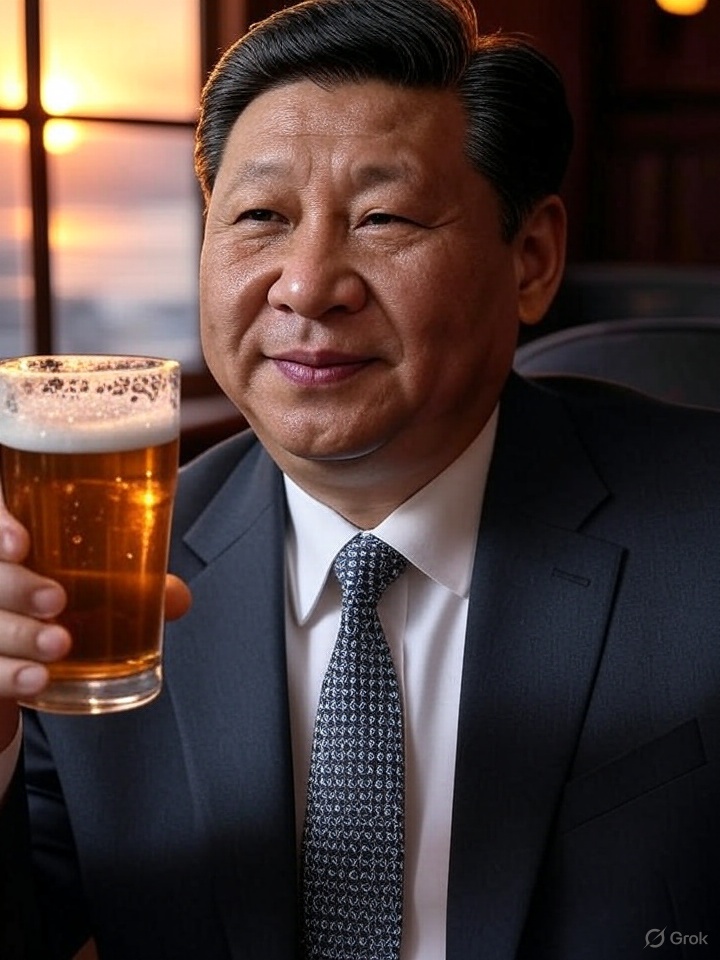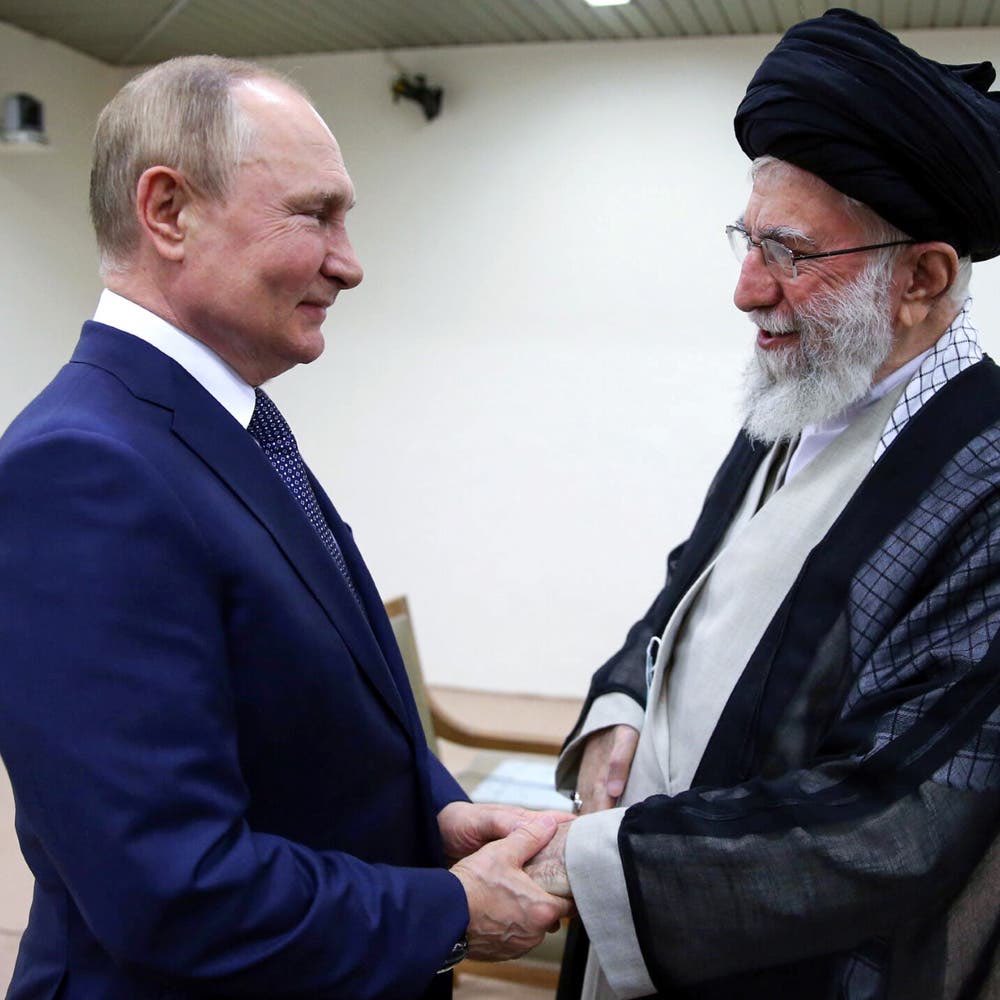In a striking display of diplomatic coordination, Chinese President Xi Jinping and Russian President Vladimir Putin have presented a united front amid the rapidly escalating Israel-Iran crisis. Their synchronized messaging, offering to mediate while indirectly warning the United States, delivers not only a response to the immediate Middle East conflict but a broader statement about the shifting global order with an unmistakable veiled message aimed at former President Donald Trump, who has been vocal about U.S. intervention in the region.
A Dangerous Flashpoint in the Middle East Tensions between Israel and Iran have reached a boiling point following months of provocations, airstrikes, and rising threats of full-scale war. Israel, citing threats from Iran’s nuclear program and Tehran-backed militias, has carried out a series of preemptive strikes targeting Iranian military installations in Syria and inside Iranian territory itself. In response, Iran has unleashed waves of drone and missile attacks, including unprecedented direct strikes against Israeli cities.
The United States, a long-time Israeli ally, has been drawn into the crisis with Trump making increasingly hawkish statements, suggesting Washington may take direct military action against Iran. Trump has floated the possibility of using “massive force” to protect Israel, including potential strikes on Iran’s nuclear facilities.
Xi and Putin Step Into the Spotlight. Amidst this chaos, Xi and Putin staged a highly publicized phone call and joint statements, calling for restraint and offering themselves as potential mediators. The coordinated move was carefully choreographed to showcase the growing diplomatic partnership between China and Russia, while simultaneously positioning themselves as responsible global leaders promoting stability.
Xi emphasized the need for de-escalation, stating that “the Middle East crisis threatens not only regional stability but the global economy.” He warned against “external interference” — widely interpreted as a caution to Washington. Putin echoed Xi’s sentiments, declaring that unilateral military interventions would only worsen the crisis.
Both leaders criticized Israel’s military actions as violations of international law, while also urging Iran to show restraint. The message was clear: Beijing and Moscow are ready to offer alternative leadership in resolving international conflicts, challenging the traditional U.S.-led approach.
The Veiled Message to Trump. While neither leader mentioned Trump by name, the implications of their statements were unmistakable. Trump’s saber-rattling rhetoric, which includes threats of direct strikes and promises of unwavering support for Israel, has alarmed many international actors who fear a broader regional war.
By presenting themselves as measured, rational actors advocating diplomacy over aggression, Xi and Putin are offering the world a stark contrast to Trump’s bellicose posturing. Their veiled message: Washington, under Trump’s leadership, risks plunging the world into unnecessary conflict, while China and Russia stand as stabilizing forces advocating for dialogue.
This subtle but pointed rebuke plays into Beijing and Moscow’s long-term strategy of undermining U.S. global dominance and appealing to nations wary of America’s often militaristic foreign policy.
Strategic Interests of China and Russia. For both China and Russia, the stakes in the Israel-Iran conflict go far beyond mere diplomatic posturing.
China’s Interests:

Energy Security: China imports a significant portion of its oil from the Middle East. Any prolonged conflict threatens to disrupt these critical supplies and spike global oil prices.
Belt and Road Investments: China has invested heavily in infrastructure projects across the Middle East as part of its Belt and Road Initiative. A destabilized region puts these investments at risk.
Global Image: As China seeks to expand its global influence, playing the role of peacemaker allows Beijing to present itself as a responsible superpower, contrasting with the U.S. image of militaristic interventionism.
Strategic Balancing: Russia has cultivated relationships with both Israel and Iran. While it supplies arms to Tehran and cooperates on nuclear projects, it also maintains diplomatic and security ties with Tel Aviv.
Economic Leverage: A destabilized Middle East driving up oil prices benefits Russia’s economy, especially as it seeks to counterbalance Western sanctions.

Geopolitical Influence: Like China, Russia aims to position itself as an indispensable global power broker capable of mediating crises that the U.S. appears incapable of managing diplomatically.
The Emergence of a New Axis. This episode marks yet another chapter in the emerging “authoritarian axis” uniting China, Russia, Iran, and other nations increasingly aligned against Western hegemony. While not a formal alliance, these nations share a common interest in countering U.S. influence and promoting a multipolar world order.
Their coordinated response to the Israel-Iran crisis signals a growing willingness to act in concert on major international issues — a development that poses significant challenges to the U.S. and its traditional allies.
The Risks of Escalation.While Xi and Putin’s diplomatic maneuvering aims to prevent wider war, the risk of escalation remains dangerously high. Any U.S. or Israeli strike on Iranian nuclear facilities could prompt massive retaliation from Tehran, potentially drawing multiple nations into a full-scale Middle East war.
Such a conflict would have devastating consequences for global energy markets, supply chains, and international security. Xi and Putin are keenly aware of these dangers — hence their push for de-escalation — but they are equally aware of the opportunities such crises present for expanding their global influence at the expense of U.S. leadershi
Conclusion: A Global Power Struggle Unfolds. The Israel-Iran crisis has become more than a regional conflict; it is now a stage for a broader global power struggle between the U.S.-led Western bloc and the rising authoritarian partnership of China and Russia.
By presenting a united front, Xi and Putin are not only seeking to defuse a dangerous conflict but are also sending a clear message to Washington — and especially to Trump: the world is no longer unipolar, and alternative centers of power are ready to challenge American dominance.
As the crisis continues to unfold, the world watches not just the military moves in the Middle East, but also the intricate geopolitical chess match playing out between these global titans.
